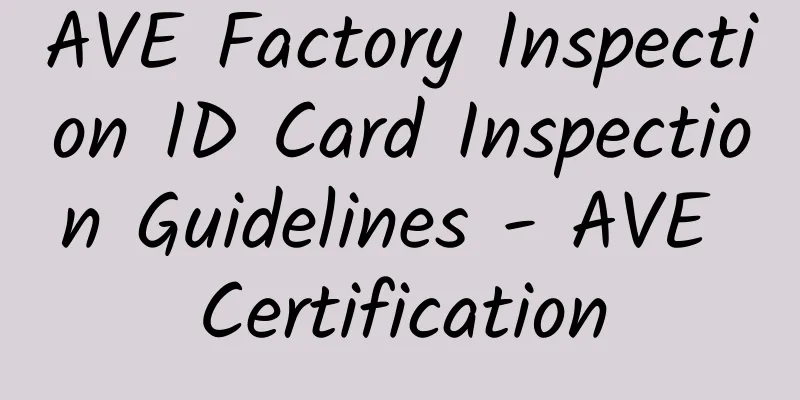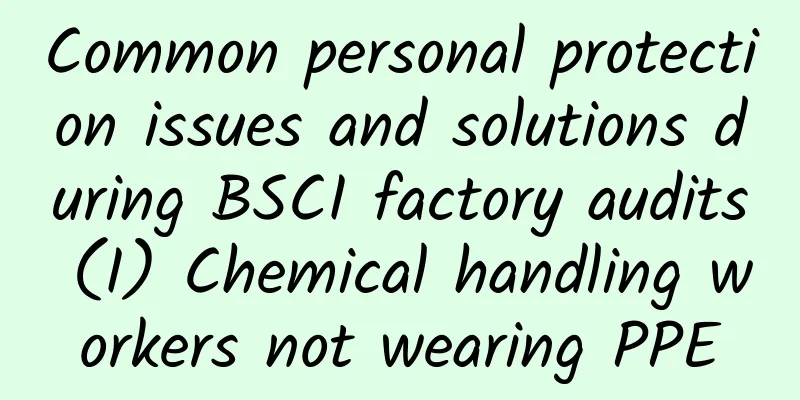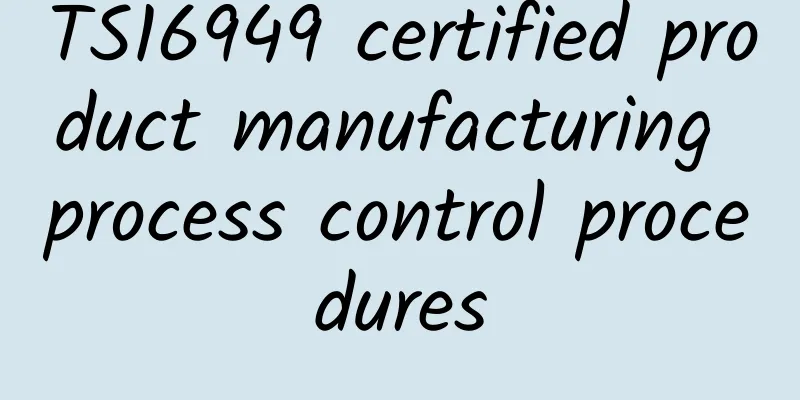|
★、Procedures for applying for HACCP certification
The HACCP certification of a third-party certification body can not only provide strong evidence for the company's food safety control level, but also promote the continuous improvement of the company's HACCP certification system, especially effectively improve customers' trust in the company's food safety control. In the international food trade, more and more importing countries' officials or customers require suppliers to establish a HACCP certification system and provide relevant certification certificates, otherwise the products will not be accepted. According to Zhu Xiaonan, director of the HACCP Certification Coordination Center of China Import and Export Commodity Inspection Corporation, HACCP certification system certification is usually divided into four stages, namely the enterprise application stage, certification review stage, certificate maintenance stage, and re-examination and renewal stage.
Enterprise application stage
First of all, when applying for HACCP certification , enterprises must pay attention to choosing a third-party certification body that is recognized by the state and has qualifications and senior professional background, so as to ensure the authority of the certification and the effectiveness of the certificate, and ensure that the certification results are connected with the official verification system of the country where the product is consumed. In China, the certification and accreditation work is uniformly managed by the National Certification and Accreditation Administration, and its subordinate agency, the China National Certification and Accreditation Board for Import and Export Enterprises ( CNAB ), is responsible for the implementation of the accreditation work of HACCP certification bodies. In other words, enterprises should choose a certification body recognized by CNAB to engage in HACCP certification work.
The certification body will evaluate the certification application, documents and materials provided by the applicant, the audit basis agreed upon by both parties, etc. The certification body will decide to accept the enterprise's application based on its own professional resources and the audit business scope authorized by CNAB , and sign a certification contract with the applicant.
After the certification body accepts the enterprise's application, the applicant enterprise shall submit the procedure documents and materials related to the HACCP certification system, such as: hazard analysis, HACCP certification plan, scientific basis for determining CCP points, plant floor plan, production process flow chart, workshop layout, etc. The applicant enterprise shall also declare that the HACCP system has been fully implemented. The certification body shall be responsible for the confidentiality of all materials and information provided and imparted by the enterprise. The certification fee will be charged according to the standards set by CNAB based on the scale of the enterprise, the variety, process, safety risk of the certified product and the number of man-days required for the audit .
Certification review stage
After accepting the application, the certification body will determine the audit team and conduct an initial visit and audit of the applicant's HACCP system in accordance with the proposed audit plan. In view of the technical depth of the HACCP system audit, the audit team will usually include professional auditors who are familiar with the production of the audited products. Professional auditors are those who have a background in specific food production and processing and are engaged in HACCP -based food safety system certification. If necessary, the audit team will also hire technical experts to provide technical guidance for the audit process. Food safety consultants hired by the applicant can participate in the audit process as observers.
The audit process of the HACCP certification system is usually divided into two stages. The first stage is to conduct a document review, including SSOP plans, GMP procedures, employee training plans, equipment maintenance plans, HACCP certification plans, etc. The review at this stage generally needs to be conducted on the applicant's site so that the audit team can collect more necessary information. The audit team will conduct an independent hazard analysis based on the collected information and reach a consensus with the applicant on the critical control point ( CCP ) judgment on this basis. The audit team will listen to the applicant's feedback on relevant information and reach an agreement with the applicant on the details of the second stage of the audit. The second stage audit must be conducted on the audit party's site. The audit team will mainly evaluate the suitability, compliance and effectiveness of the HACCP certification system, GMP or SSOP . Among them, special attention will be paid to CCP monitoring, corrective measures, verification, training and education of monitoring personnel, and whether the system can consciously conduct hazard analysis and effective control when new hazards arise.
After the on-site audit is completed, the audit team will submit a non-conformity report to the applicant based on the audit results. The applicant should take effective corrective measures within the specified time and close the non-conformity after verification by the audit team. At the same time, the audit team will submit the final audit results to the certification body for a certification decision, and the certification body will issue a certification certificate to the applicant.
Certificate maintenance phase
Since HACCP certification is a safety control system, its certificate is usually valid for up to one year. The certified enterprise should ensure the continuous operation of the HACCP certification system during the validity period of the certificate, and must accept the supervision and audit of the certification body at least once every six months. If the certified party makes major changes to its food safety system based on HACCP certification during the validity period of the certificate, it should notify the certification body, which will increase the frequency of supervision and certification or arrange a review depending on the situation.
Re-examination and renewal stage
The certification body will arrange a review of the system before the expiration of the HACCP certification certificate of the certified enterprise. If the review is passed, the certification body will reissue a new certification certificate to the certified enterprise.
In addition, according to regulations and customer requirements, during the validity period of the certificate, the certified party may also accept official and customer verification of the HACCP certification system. |










